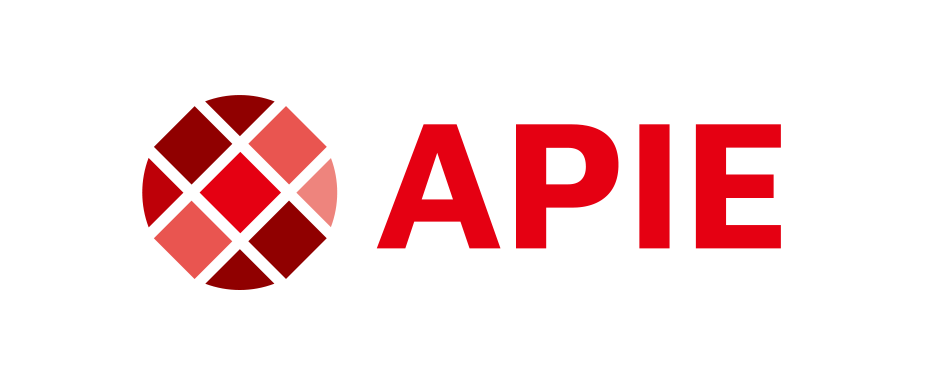From 11–15 August 2025, the Asia Pacific Internet Engineering (APIE) Camp #07 brought together 24 students from partner institutions in Bangladesh, Indonesia, Myanmar, Nepal, the Philippines, and Malaysia for an intensive week of hands-on learning in Penang. Supported by the APIE Network Operations Center (NOC) team — with members from Japan, Vietnam, Indonesia, and Malaysia — the camp provided a unique opportunity for students to deepen their technical knowledge while collaborating across cultures and borders.
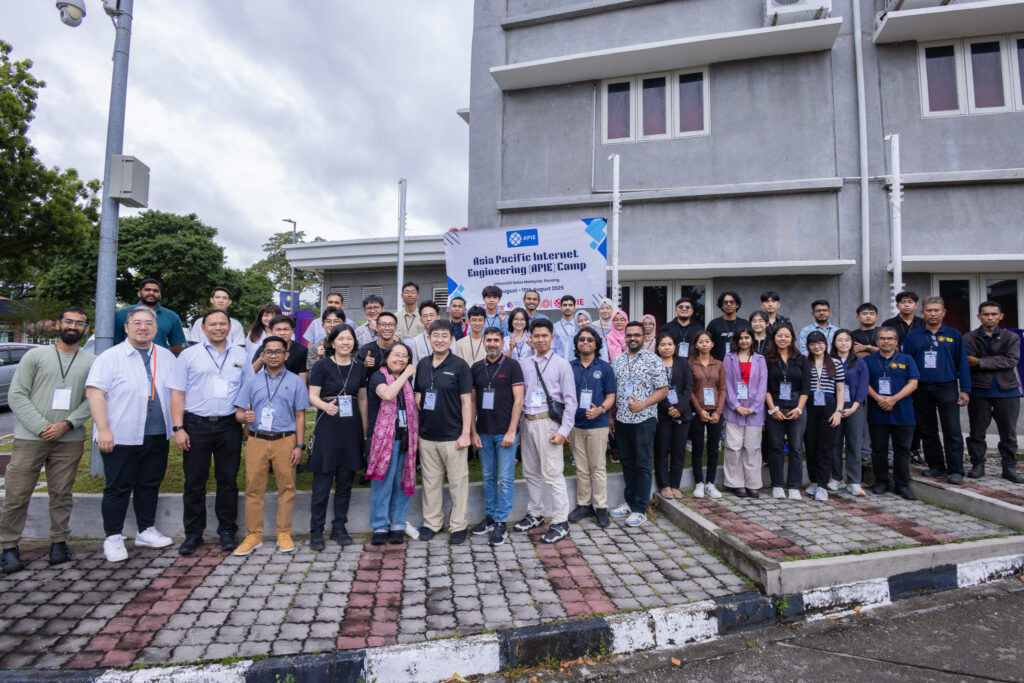
The camp was hosted by Universiti Sains Malaysia (USM), a long-standing and active partner of SOI Asia. This was the third time USM hosted an APIE Camp (after #03 in February 2024 and #04 in August 2024, co-hosted with UNHAS), once again offering outstanding support, facilities, and warm hospitality.
Beyond the technical sessions, the camp was also about energy, synergy, and discovery. For many students, this was their first international trip, making the experience even more memorable. Long after the daily lectures ended, participants could be found in the hotel lobby — working late into the night on their projects, sharing stories, and building friendships. The atmosphere was a blend of hard work and excitement, reflecting the spirit of APIE: to learn, connect, and grow together.
For a quick glimpse of the camp highlights, check out the digest video here:
Day 1: Network Deployment
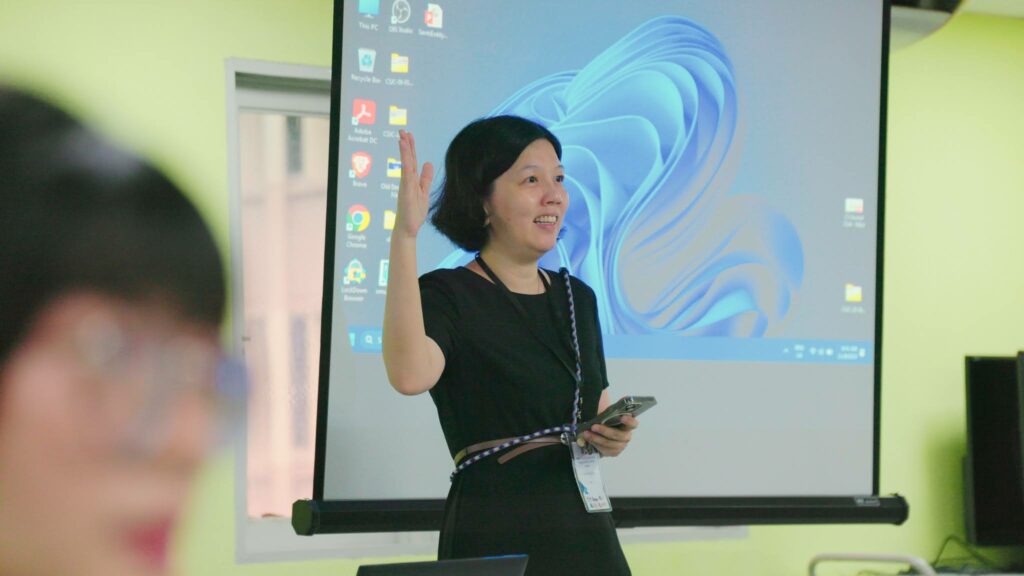
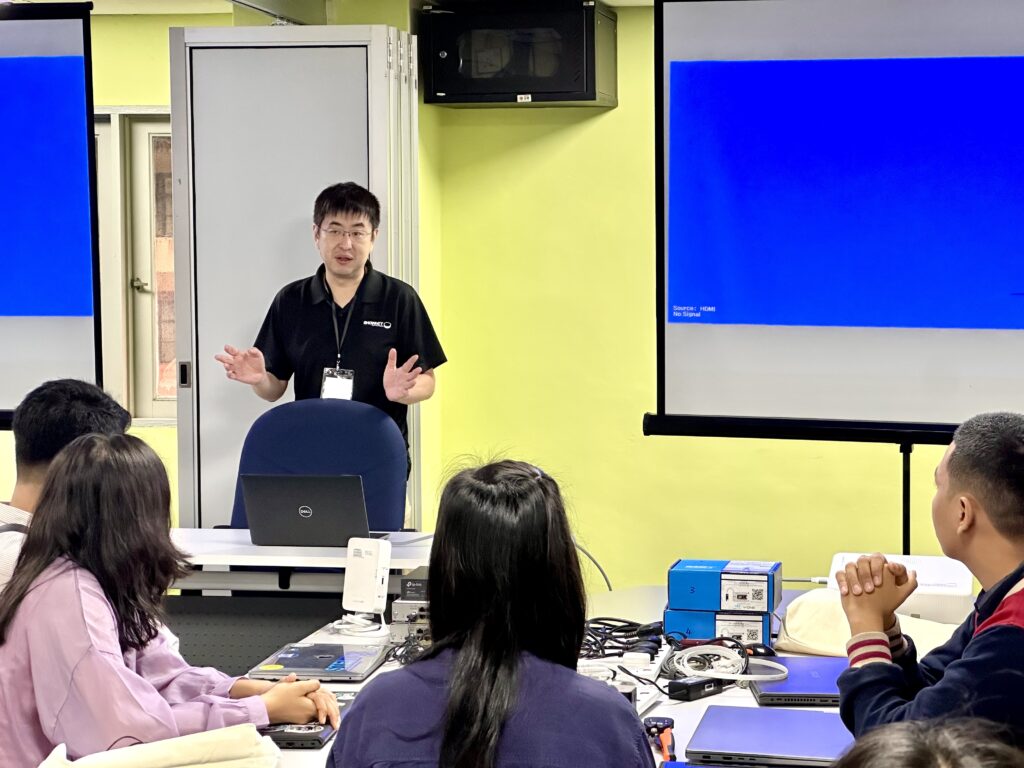
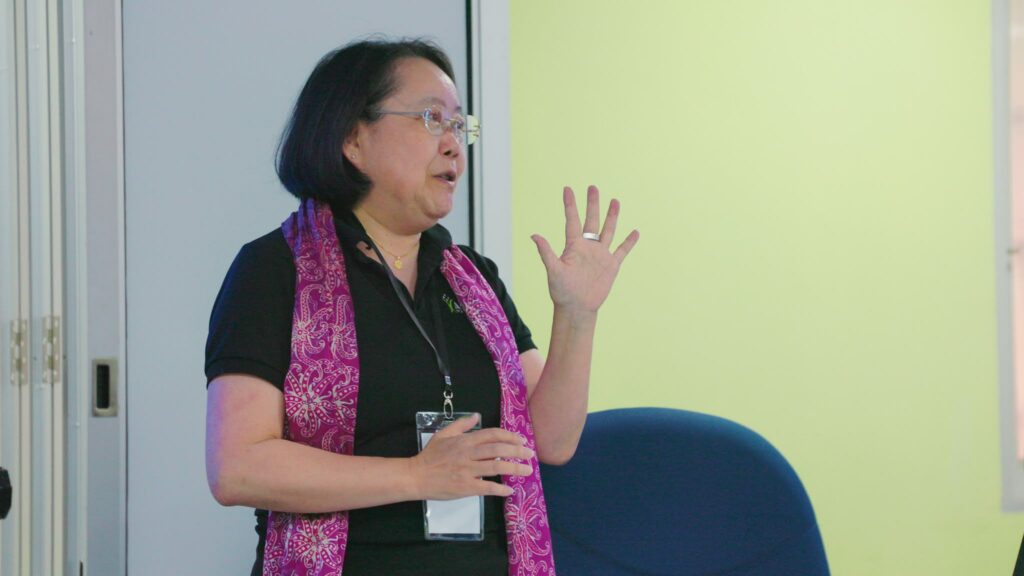
The camp opened with a warm welcome by Dr. Yung-Way Chong (USM), followed by introductions from Dr. Noriatsu Kudo (Keio University) and the teaching assistants team. Professor Keiko Okawa (Keio University) then addressed the participants with words that set the tone for the week: “Enjoy failure.” She reminded students that APIE Camp is a place to experiment, take risks, and grow. Keiko-sensei closed her remarks with another important encouragement: “Energy is important — sleep well, eat well, talk to others, and enjoy!”
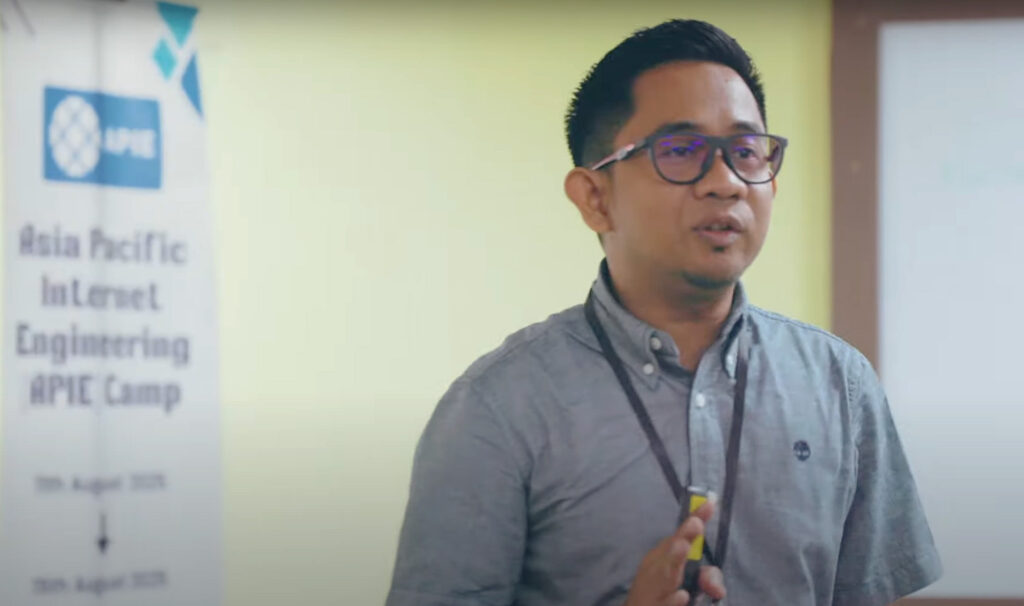
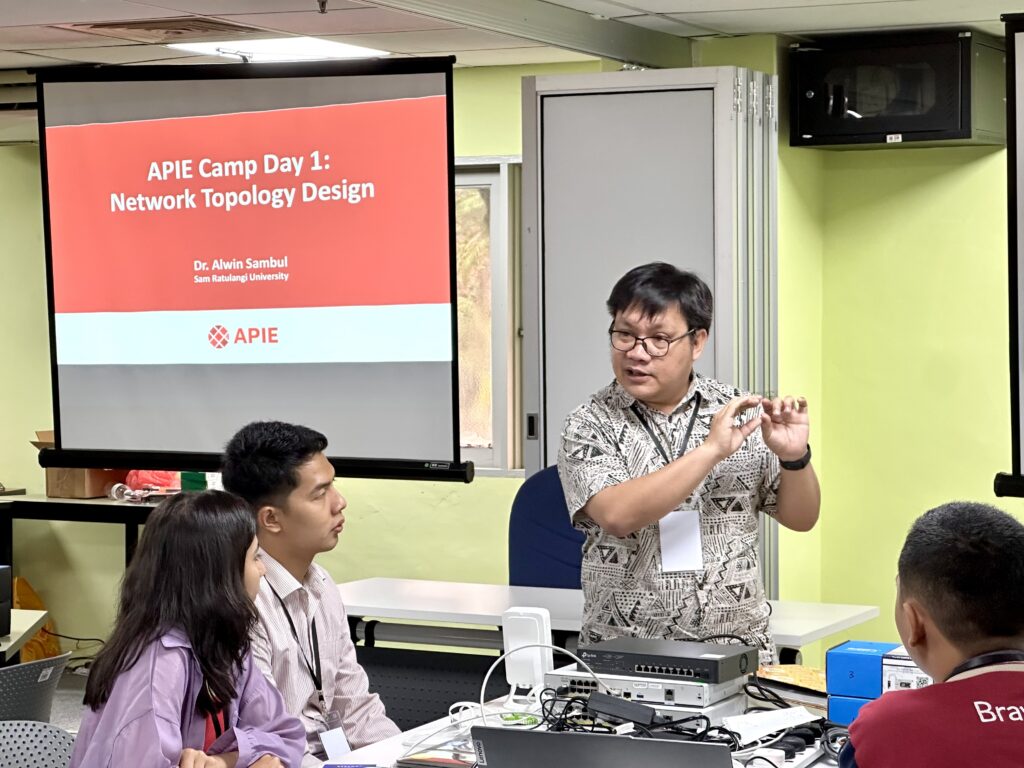
Afterwards, Dr. Najwadi Yusoff (USM) led the first technical workshop on network deployment, guiding students through the hands-on process of making LAN cables and understanding the essentials of Internet infrastructure. Later, Dr. Alwin Sambul (UNSRAT) shared insights into network topology design, highlighting how structure and design choices impact performance and reliability.
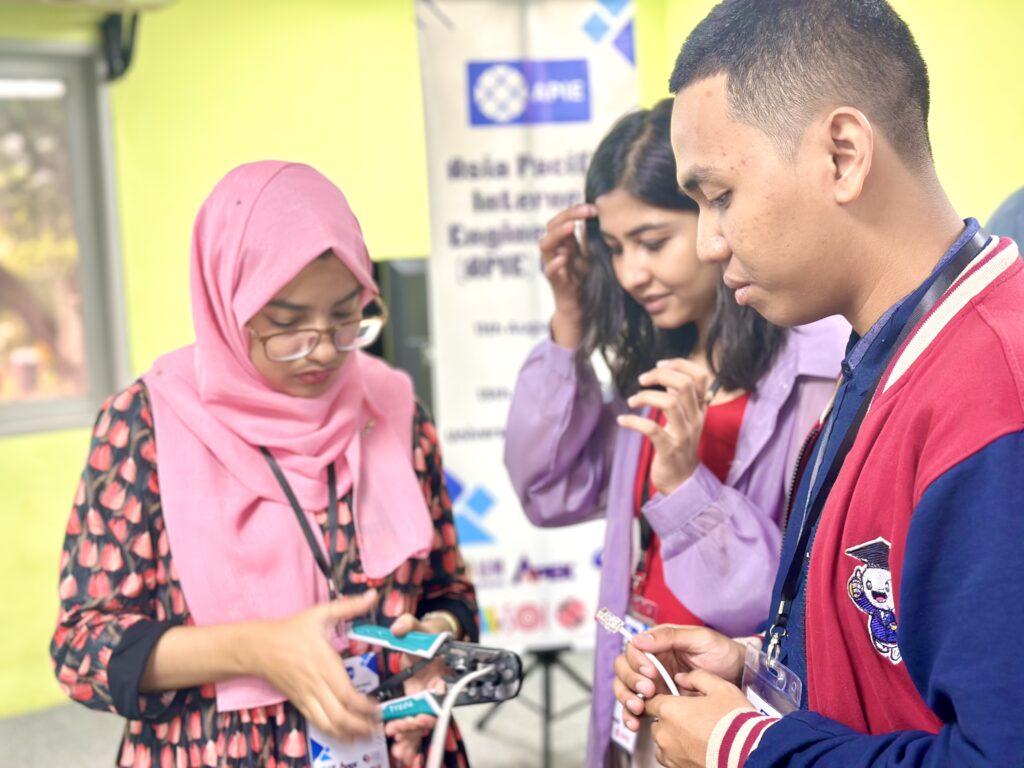
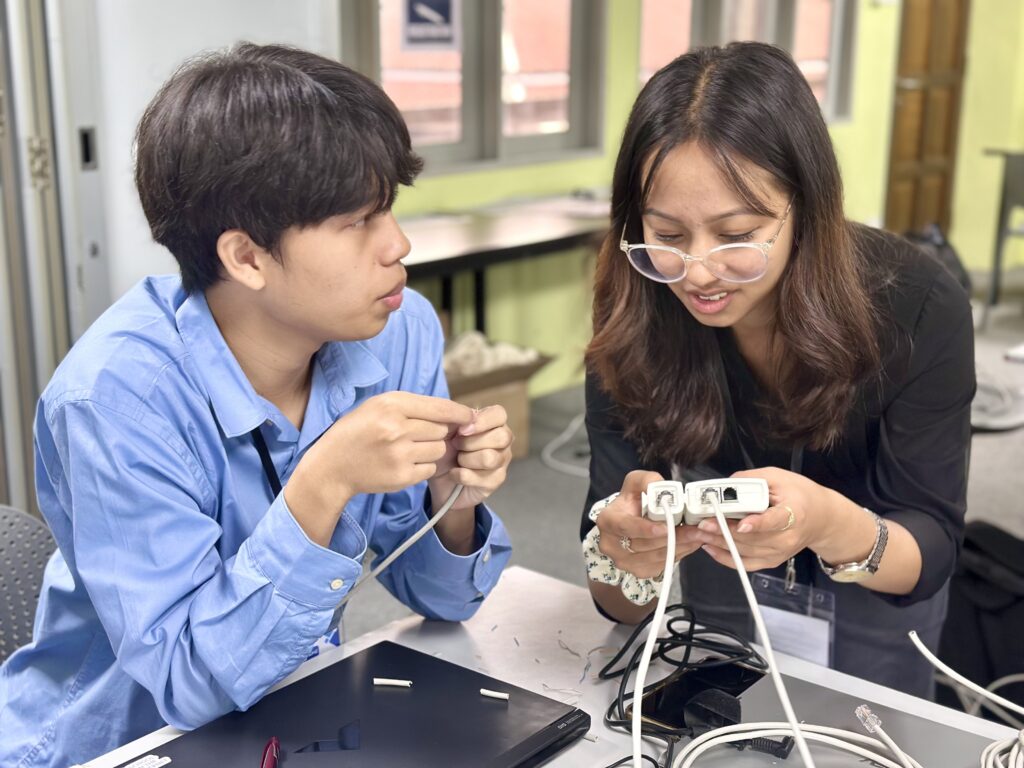
The day concluded with a special networking session and group discussions for the final presentations, setting the pace for an intense and collaborative week ahead.
Day 2: Virtualization and Network Security
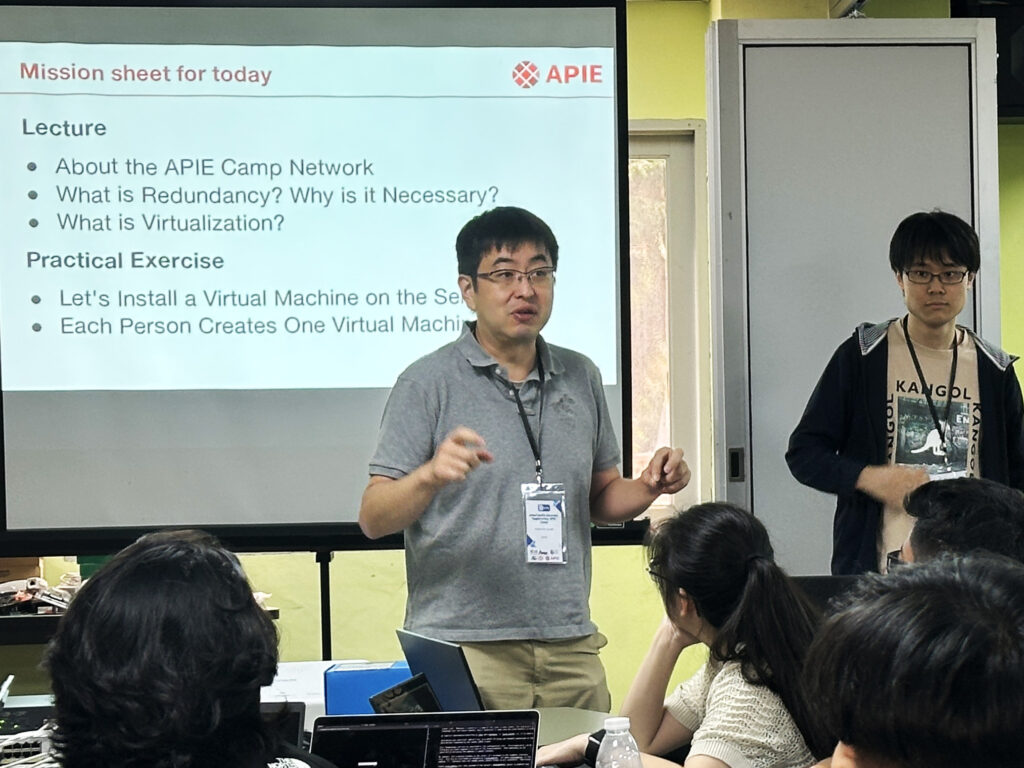
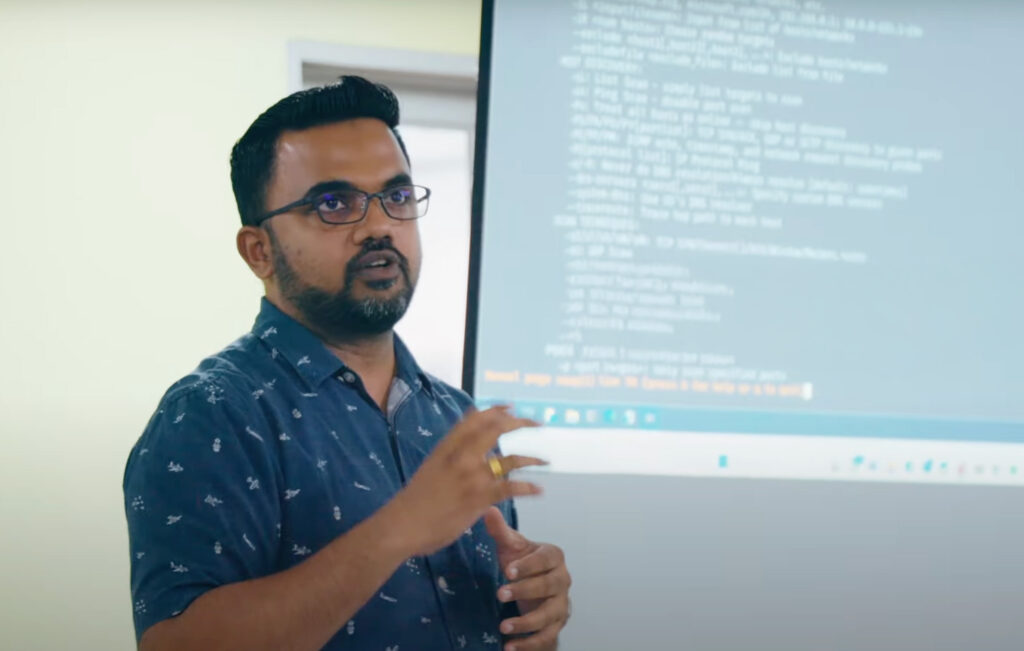
Led by Dr. Kudo (Keio University) and Dr. Shankar Karuppayah (USM), campers explored hypervisor technology, Linux fundamentals, and network security best practices. The NOC team (Bok Wei Hong (USM), Rayhan Egar Sadtya Nugraha (UB), Yuta Ito (Keio), Le Viet Anh (HUST), and Yoshiki Uchida (Keio, remote)) supported participants in deploying virtual machines, configuring routers, and hardening public-facing servers. By the end of the day, students had built their first virtualized network environments and practiced defensive strategies to protect them.
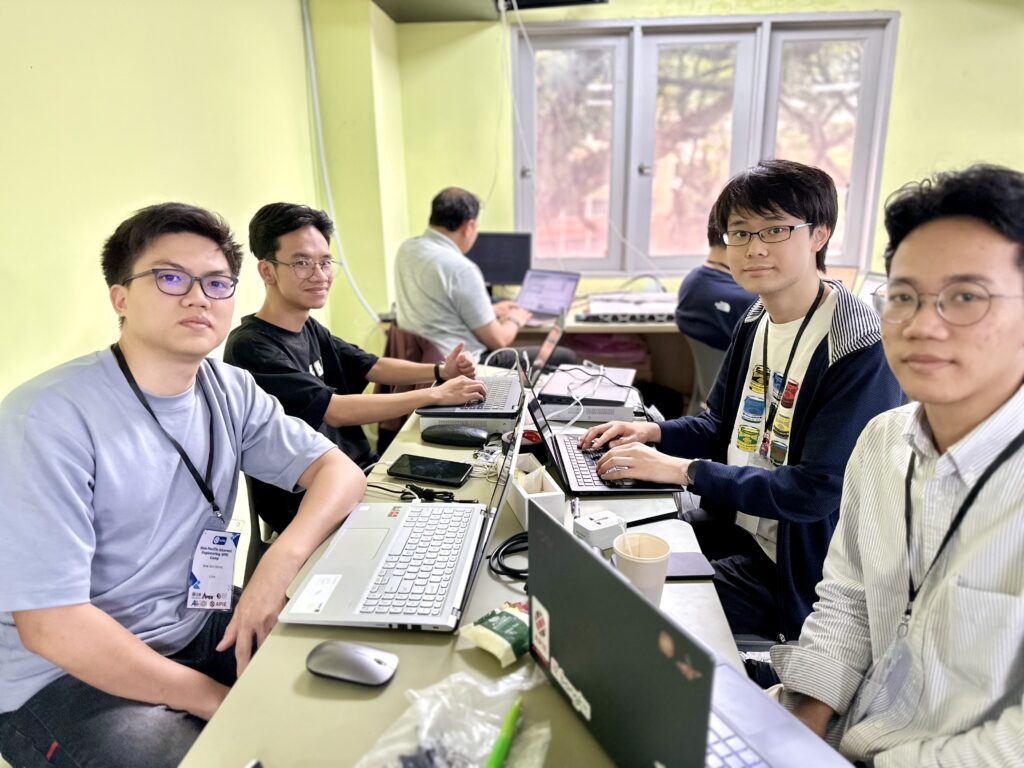
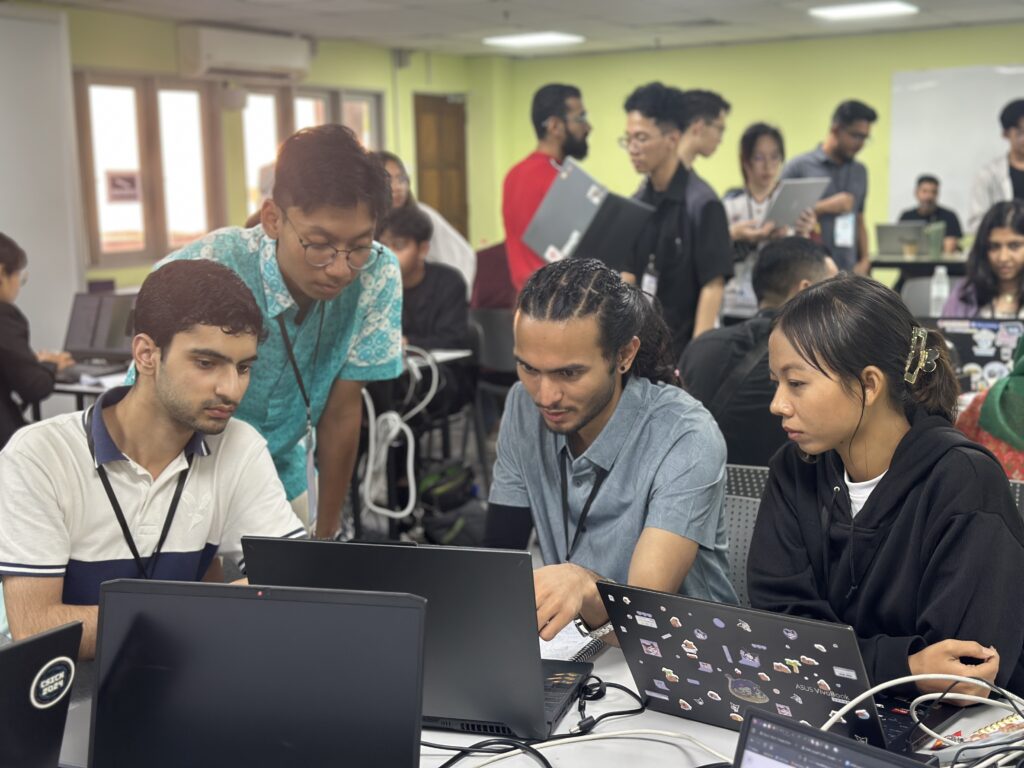
Day 3: DNS
With Imtiaz Sajid (APNIC), participants dived into DNS. They set up DNS servers with BIND, configured zones and records, and tested resolution and performance. The sessions sparked discussions about redundancy, availability, and DNS’s critical role in today’s Internet services.
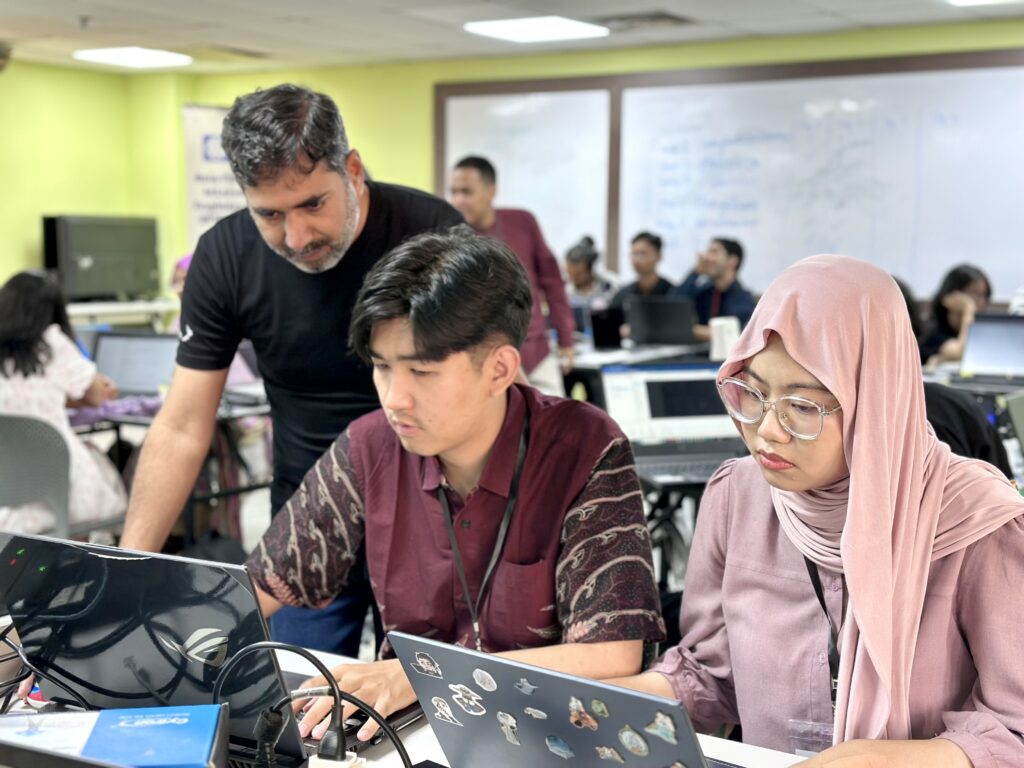
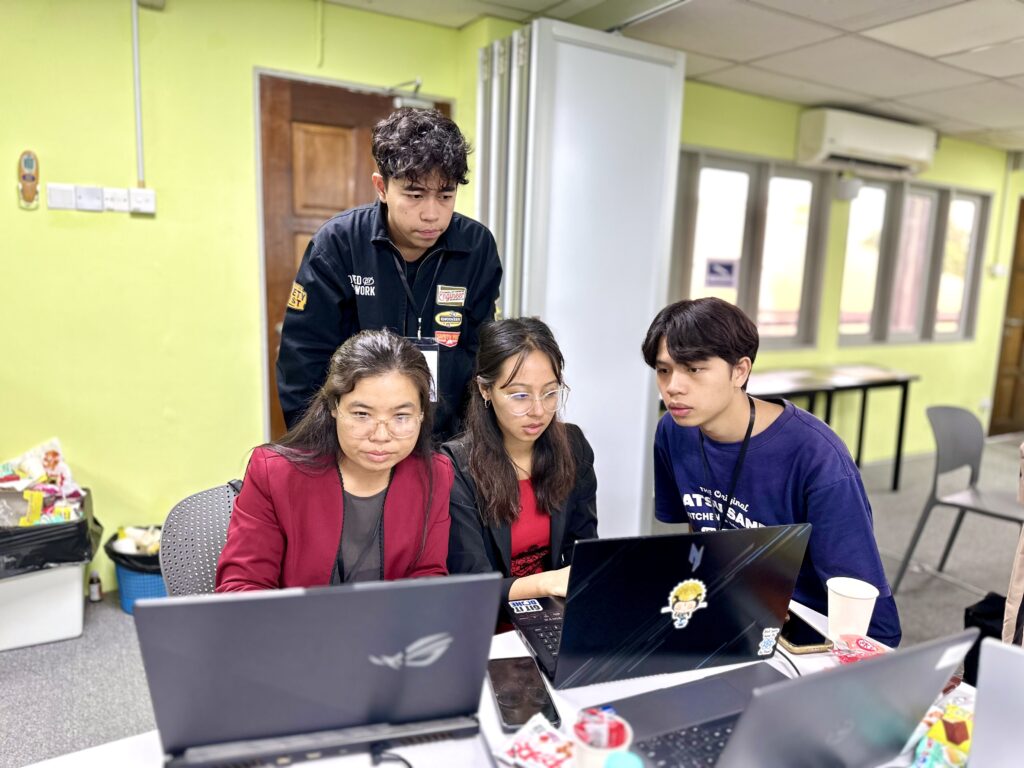
Day 4: IoT and Cloud Computing + ARENA-PAC Milestone
Day 4 focused on the intersection of IoT and cloud computing, with Dr. Yung-Wey Chong (USM) and lead teaching assistant Heng Yew Ken (USM) guiding participants through IoT device integration and cloud-based data processing.
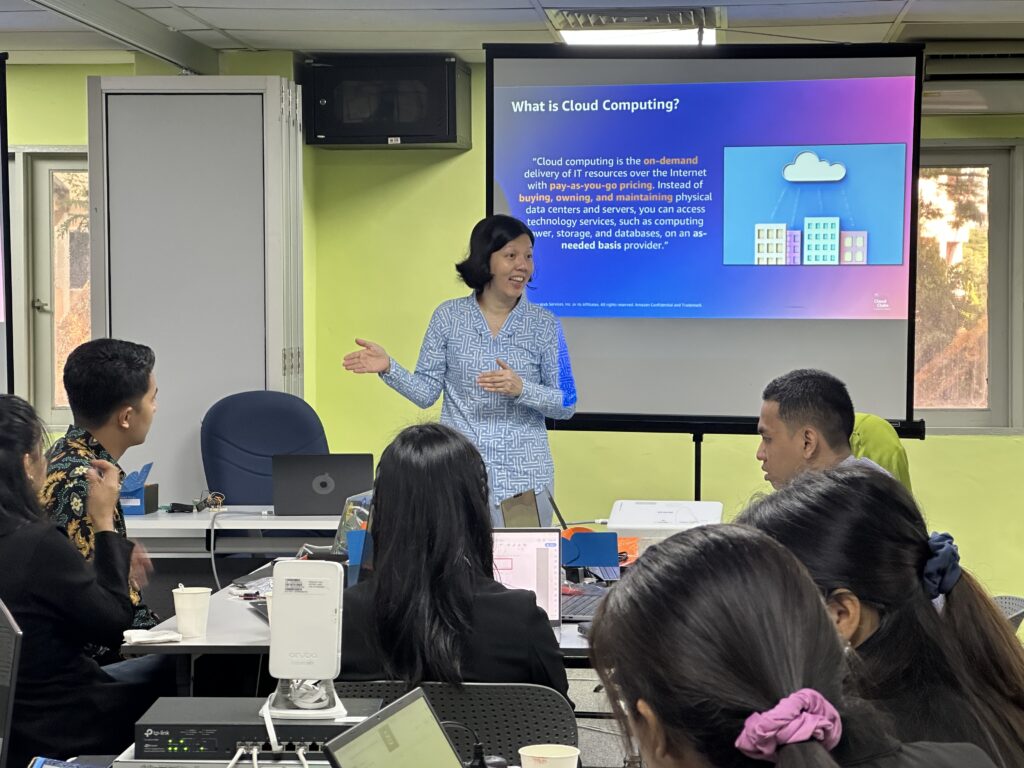
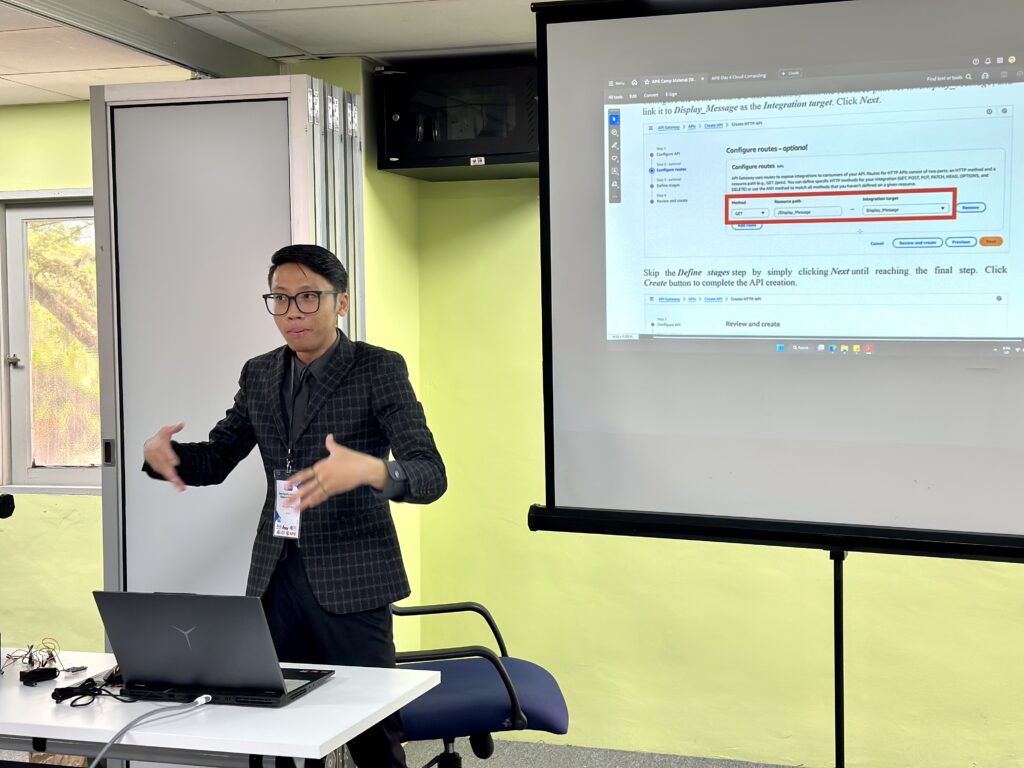
In the afternoon, participants gathered at Kompleks Eureka Auditorium for the inauguration of the new ARENA-PAC link to USM. The ceremony marked USM’s official connection to the regional research and education backbone, a milestone that strengthens collaboration across Asia-Pacific. Distinguished guests attended the event, including representatives from the Malaysian Ministry of Higher Education, APNIC, the APNIC Foundation, major corporations, and telecom operators. For students, it was inspiring to see how the technologies they were learning at camp connect to real-world infrastructures that serve entire communities.
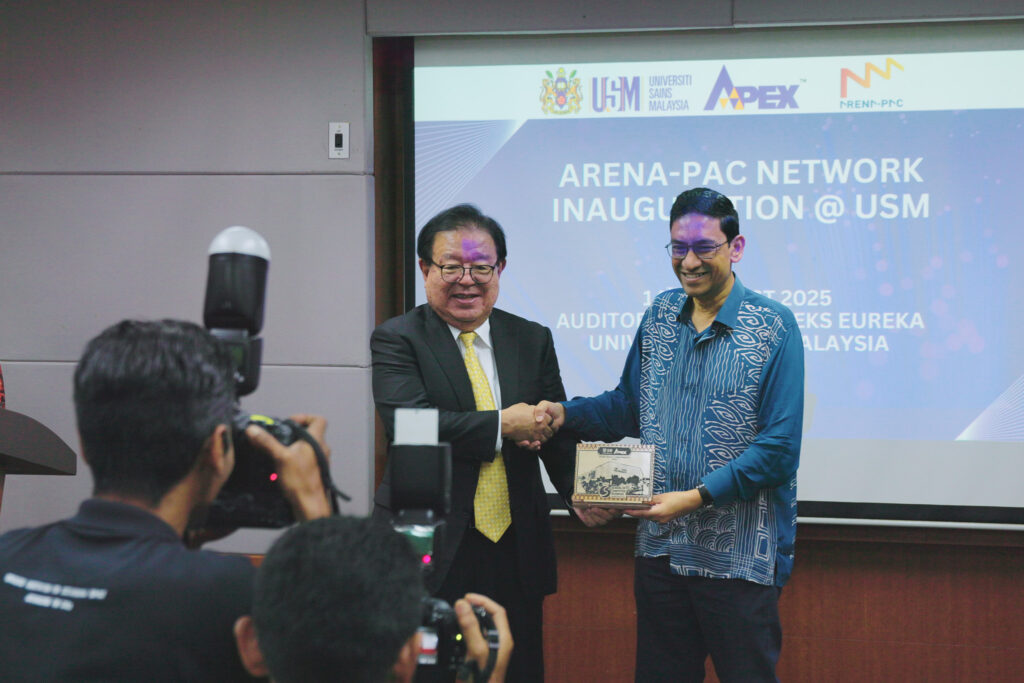
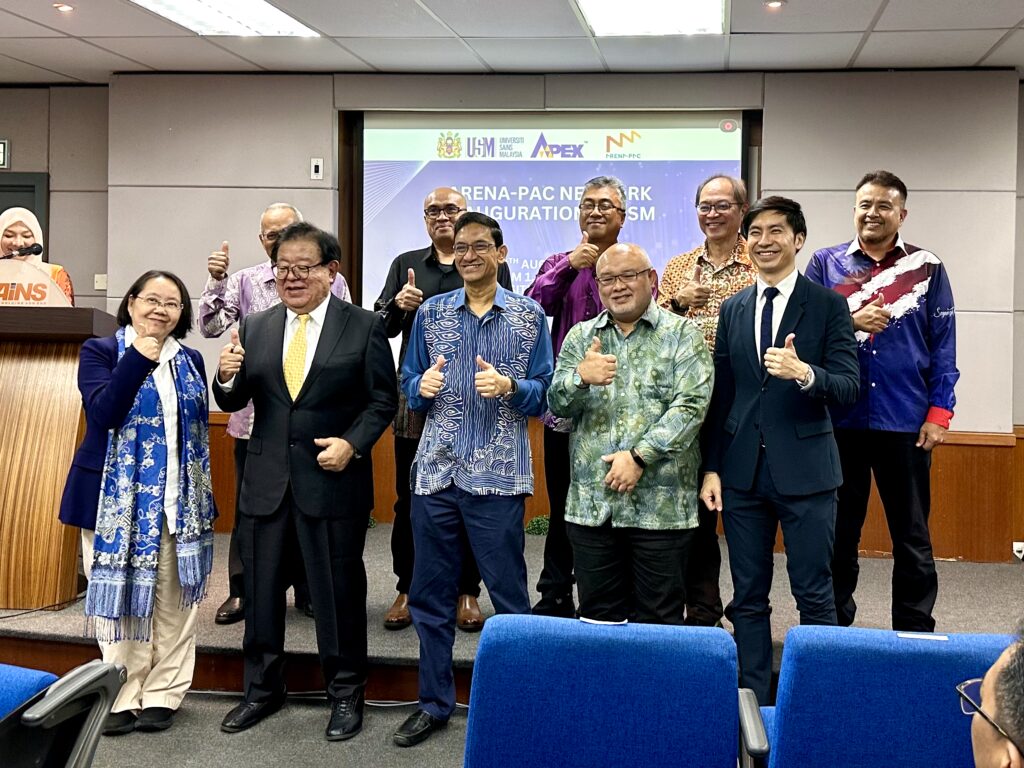
Day 5: Industry Visits and Closing Ceremony
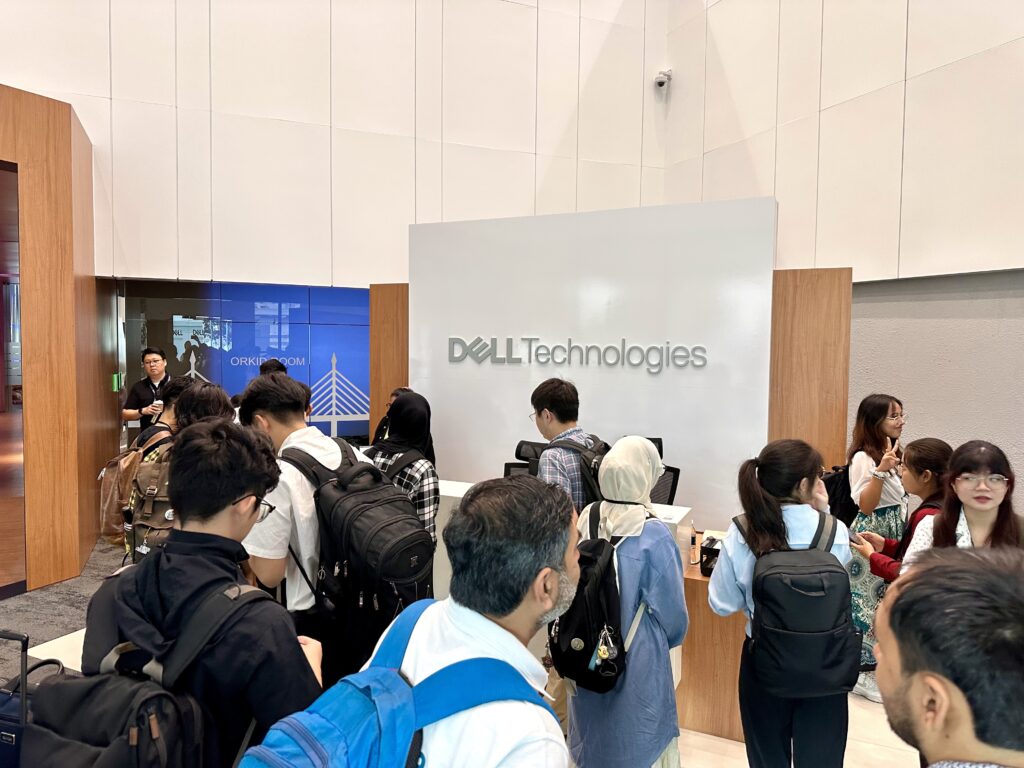
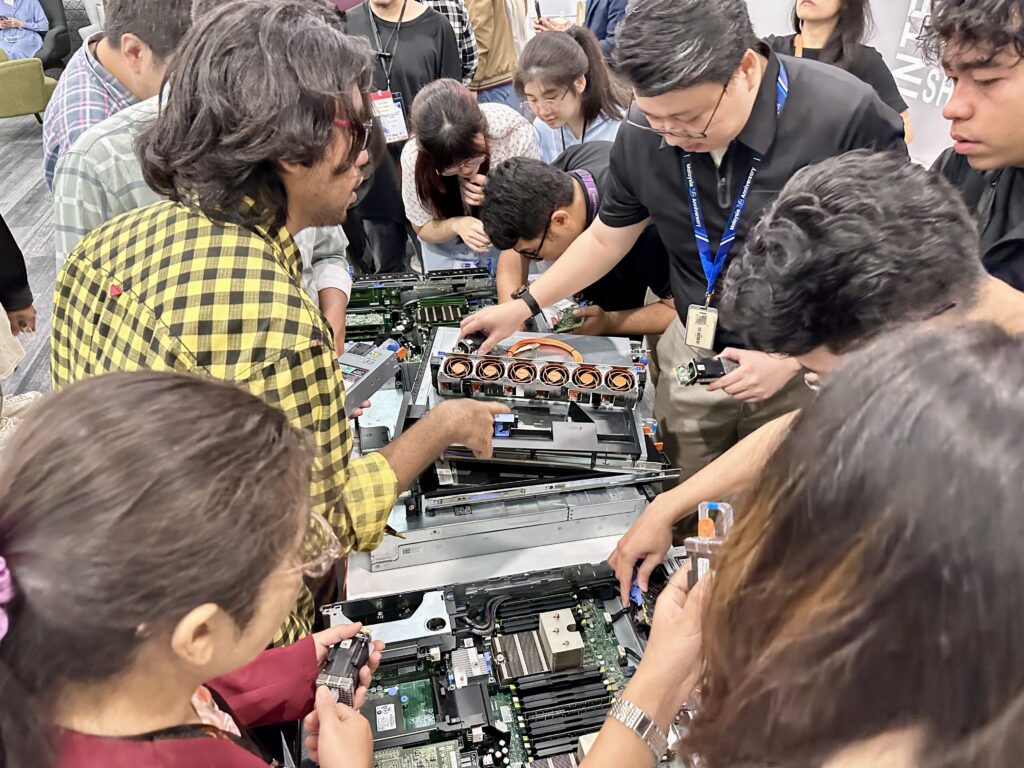
The final day began with industry visits that gave participants a first-hand look at how Internet engineering principles are applied in the professional world. At Dell, students learned how large-scale infrastructure supports global operations, while at Exabytes, they saw how cloud services and hosting technologies are deployed to serve businesses across the region. These visits offered valuable career insights, linking classroom knowledge to real-world practice.
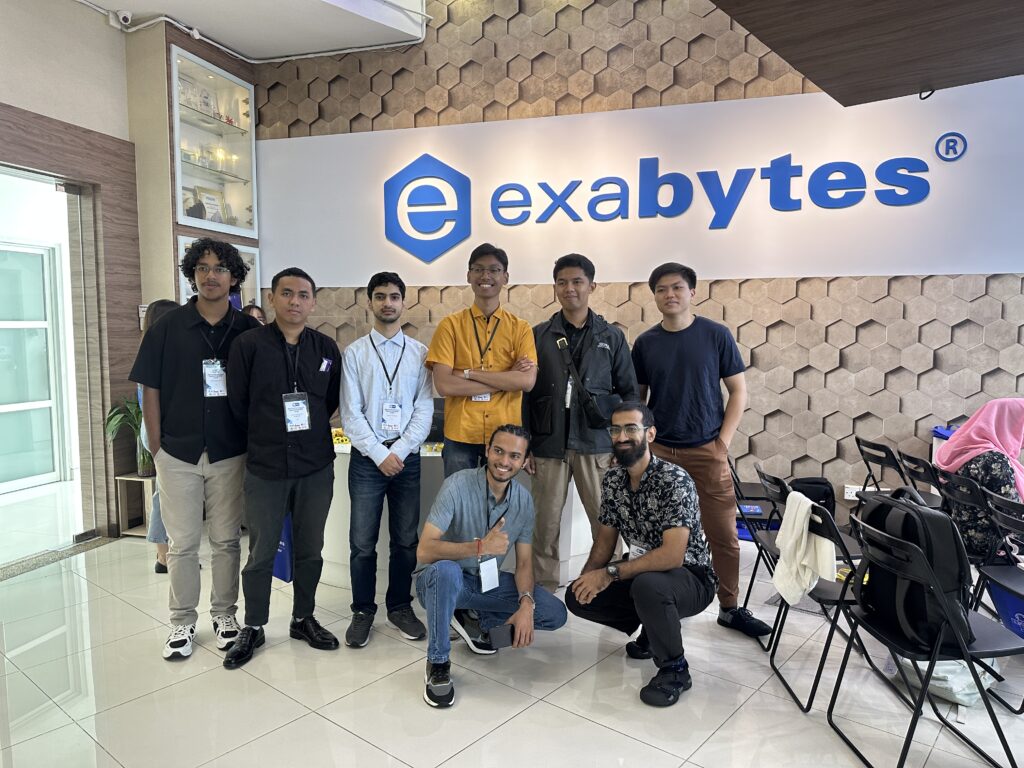
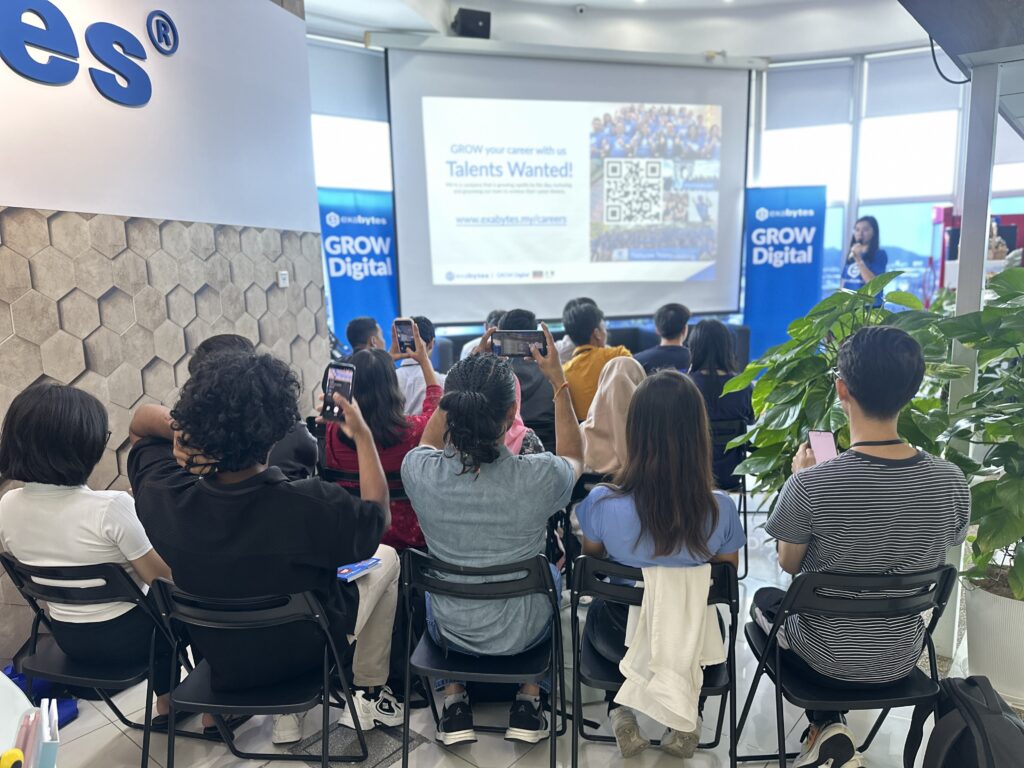
Back on campus, each group delivered their final project presentations, showcasing what they had built and learned during the week — from network deployments and virtualized environments to DNS and security configurations. It was a moment of pride and reflection, as students explained their designs, shared challenges they had faced, and celebrated the teamwork that carried them through long days and nights of preparation.
The day closed with a walk through Georgetown’s historic streets and a closing dinner opened by Professor Jun Murai, a fitting celebration of both achievement and community.
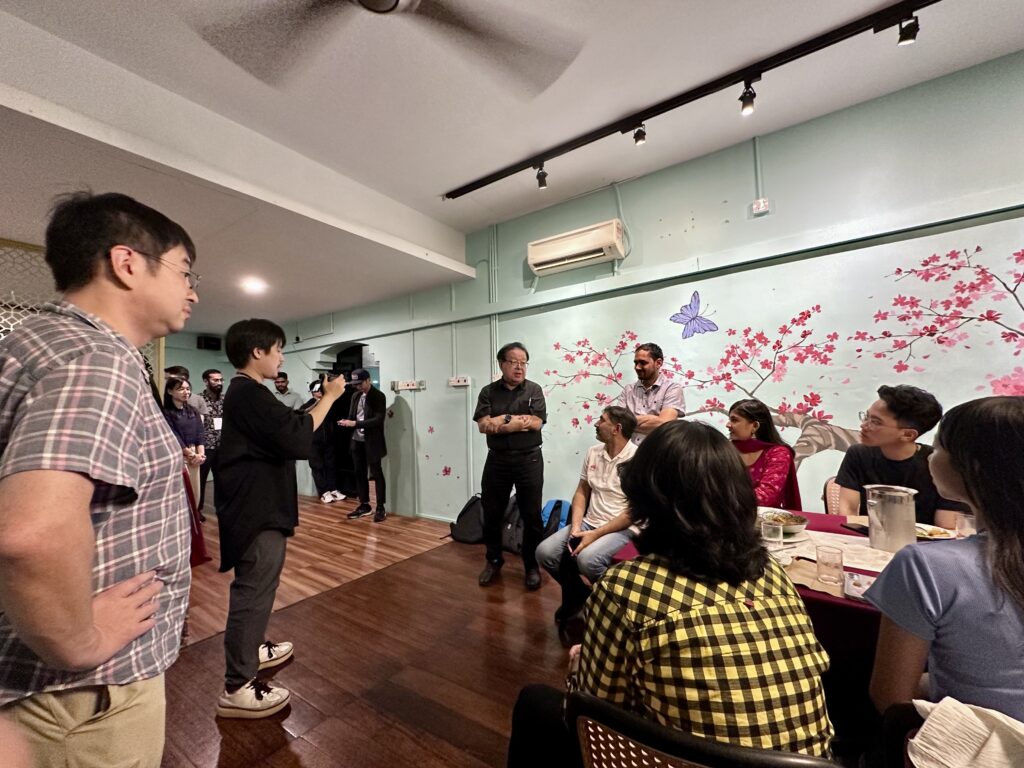
Celebrating Achievements
On the final evening, all participants, teaching assistants, and NOC team members were recognized for their hard work and contributions throughout the camp. Each received a certificate of participation or service, handed personally by Professor Jun Murai. It was a proud moment for everyone — marking not just the completion of an intensive week, but also the friendships, teamwork, and resilience that defined APIE Camp #07.
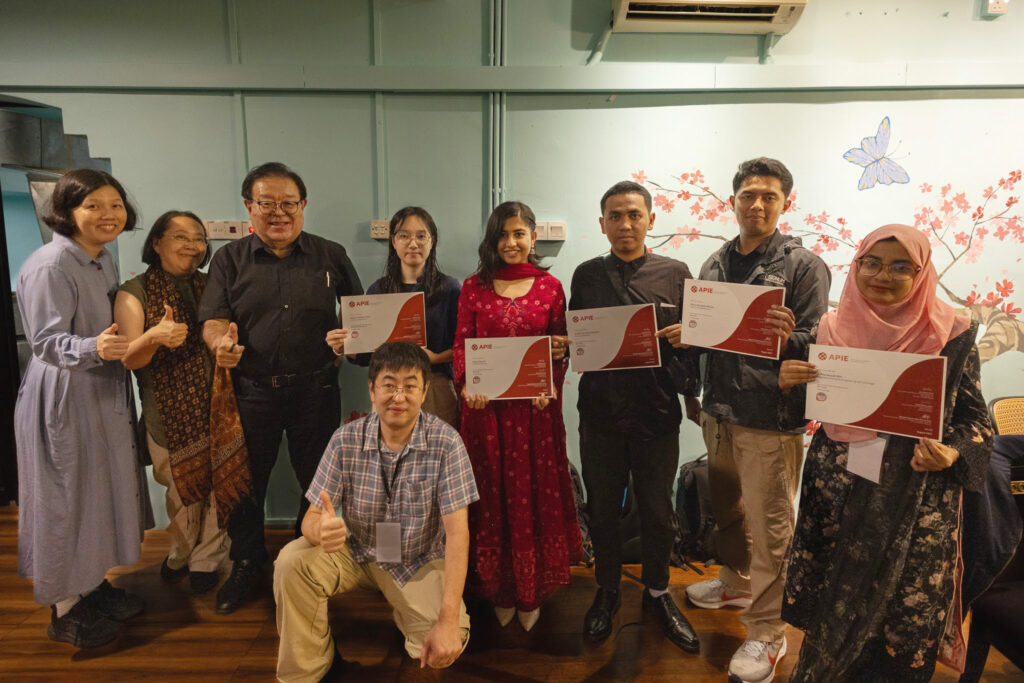
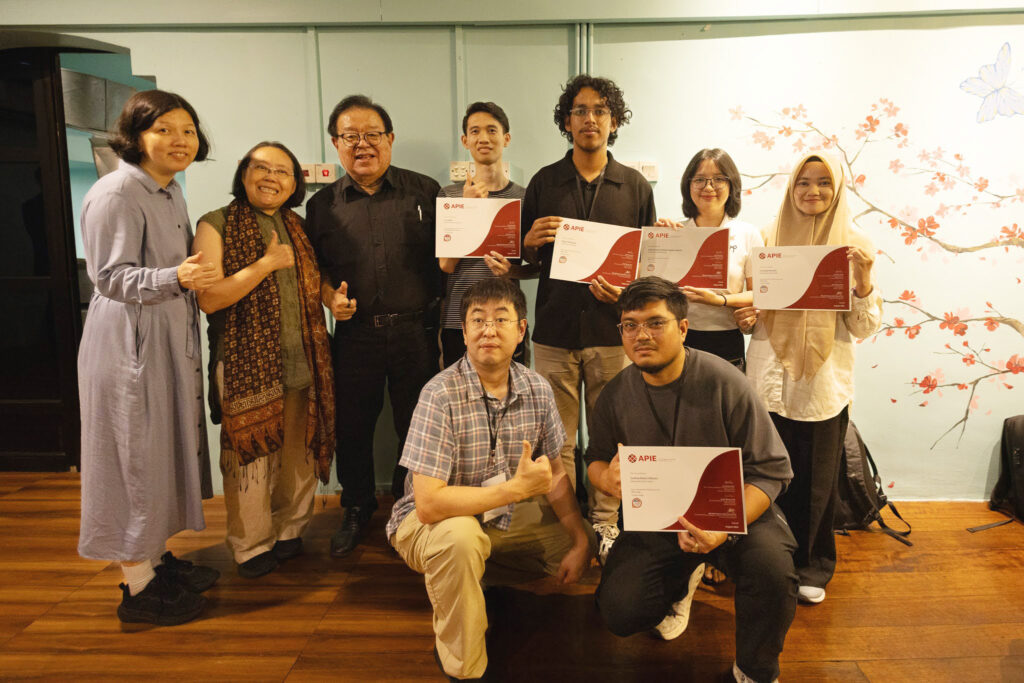
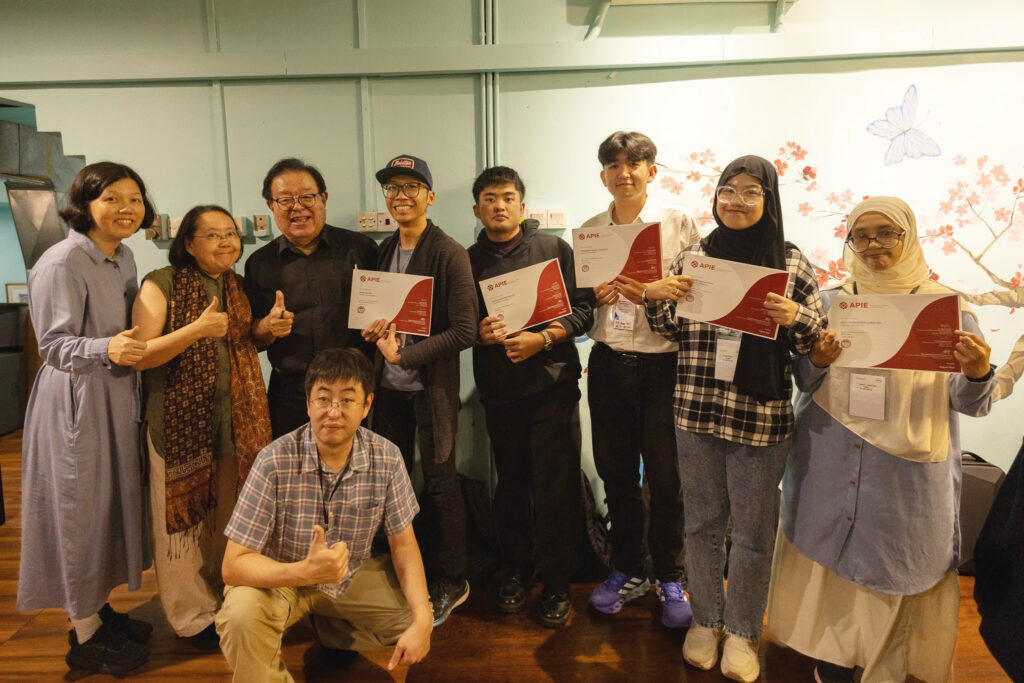
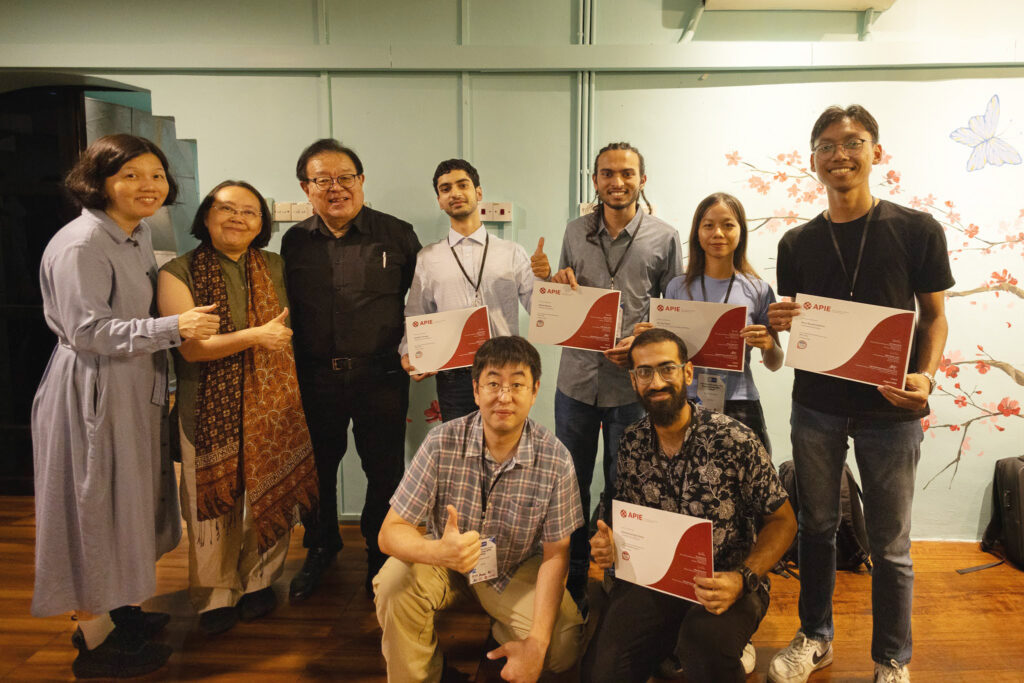
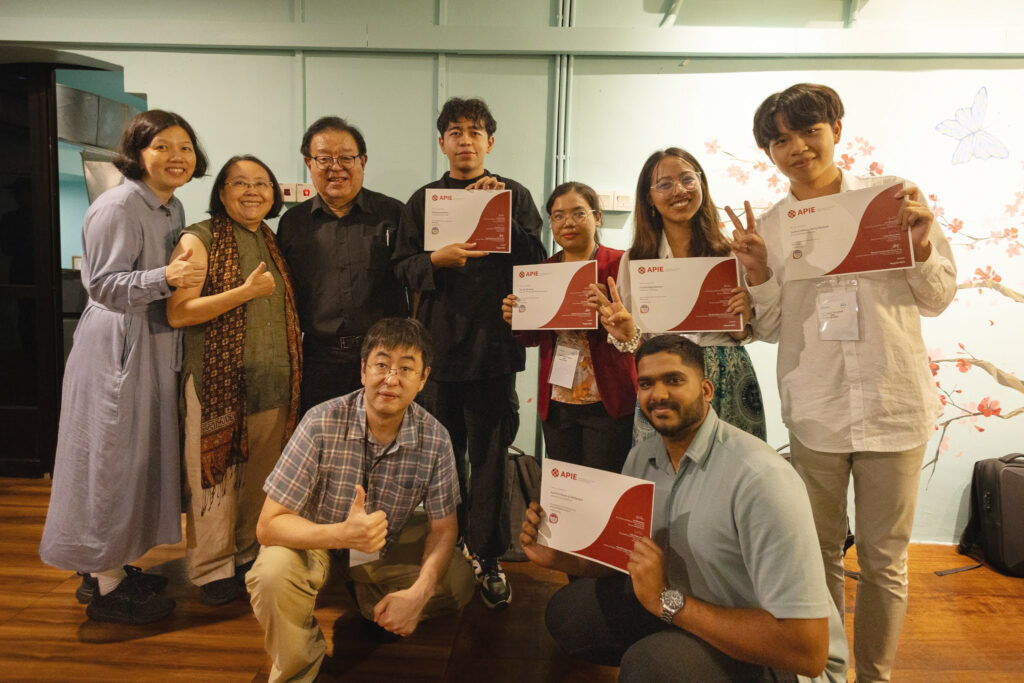
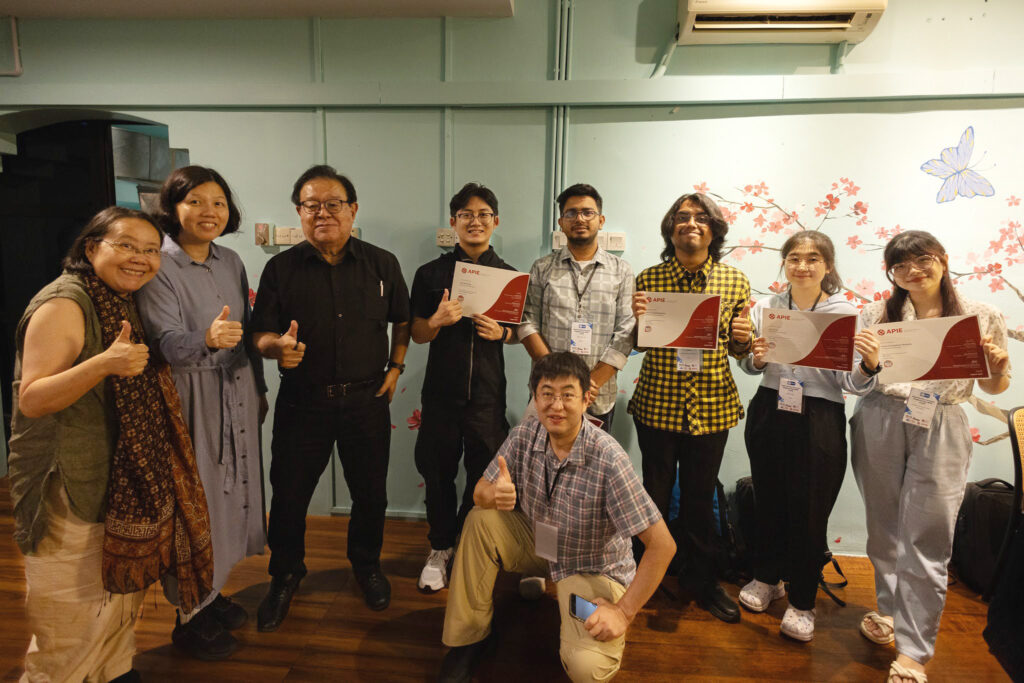
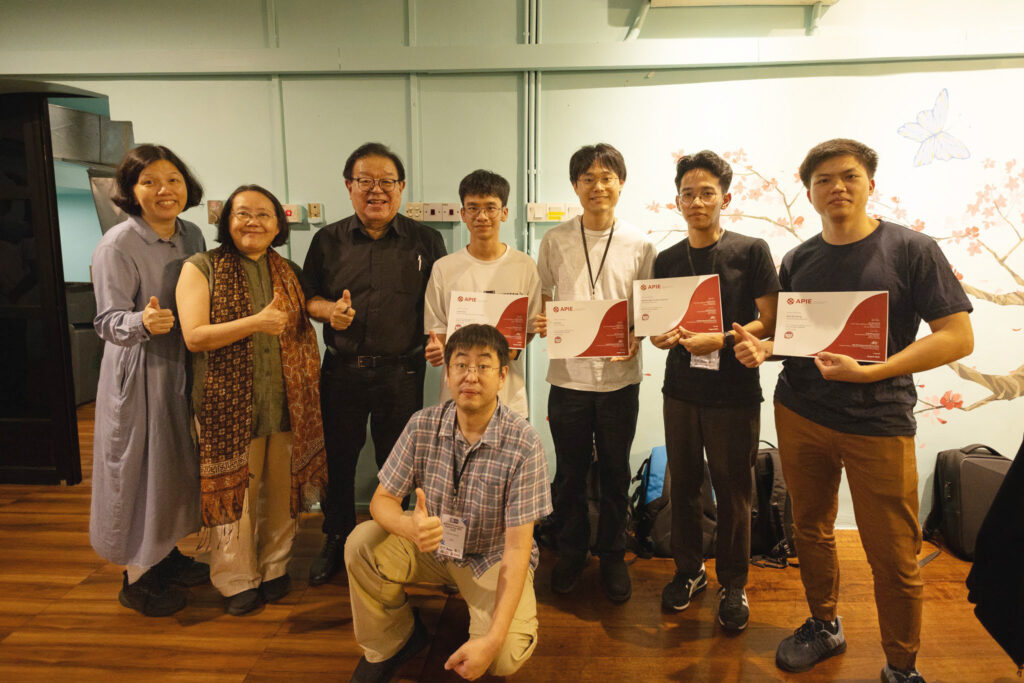
Breaking Barriers, Building Networks
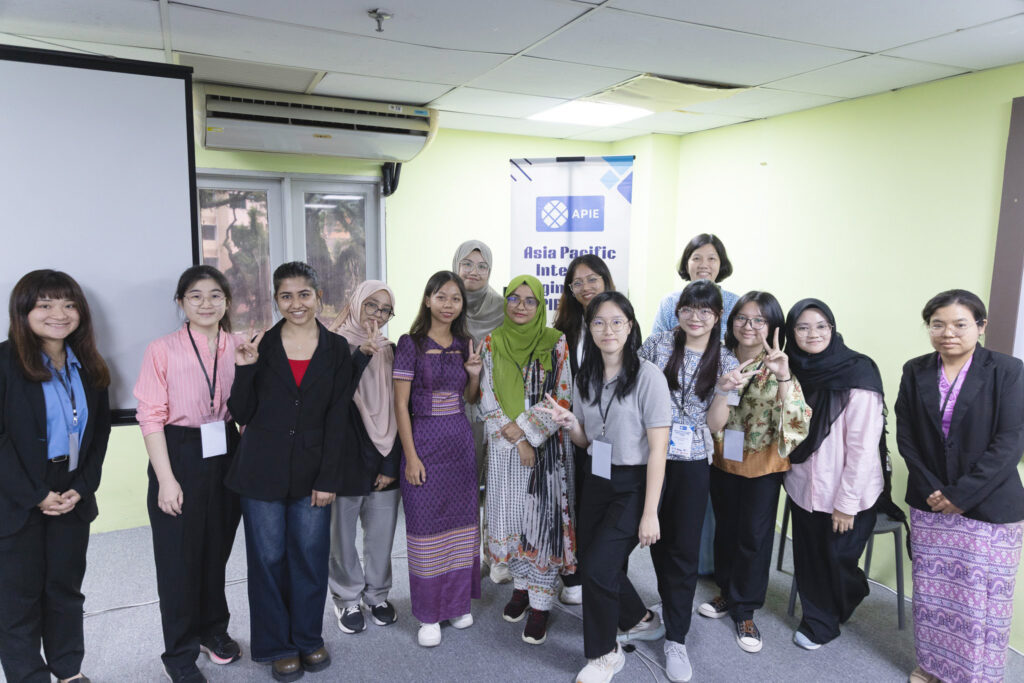
A remarkable feature of this camp was the strong presence of women in the cohort. Out of 24 participants, 11 were female students, bringing fresh perspectives and energy into the technical and group work sessions. For the first time, the camp also welcomed a female teaching assistant, marking an important milestone for the APIE community. Their participation not only enriched the learning atmosphere but also inspired peers to see Internet engineering as a field where everyone has the power to shape the future.
Looking ahead
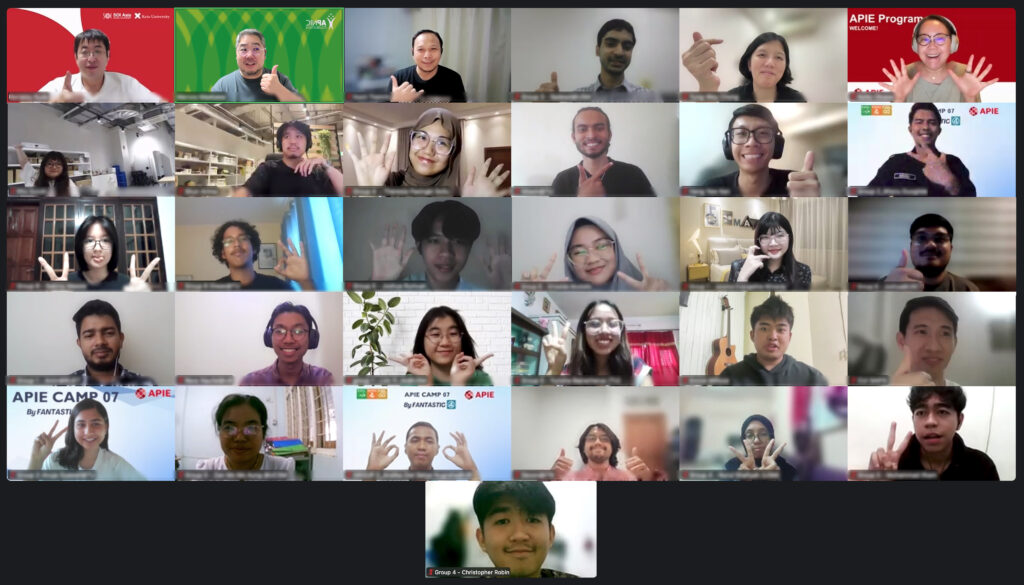
While the on-site program in Penang ended on August 15, the spirit of APIE Camp #07 continues. Ten days later, on August 25, participants reunited online for their final presentations — reflecting not only the technical growth achieved during the week, but also the bonds formed across borders. With more camps and workshops ahead, the APIE community remains a space for learning, collaboration, and shared discovery. As they return to their home institutions, participants carry with them not only technical knowledge, but also friendships and a sense of belonging to a wider community shaping the Internet’s future.
